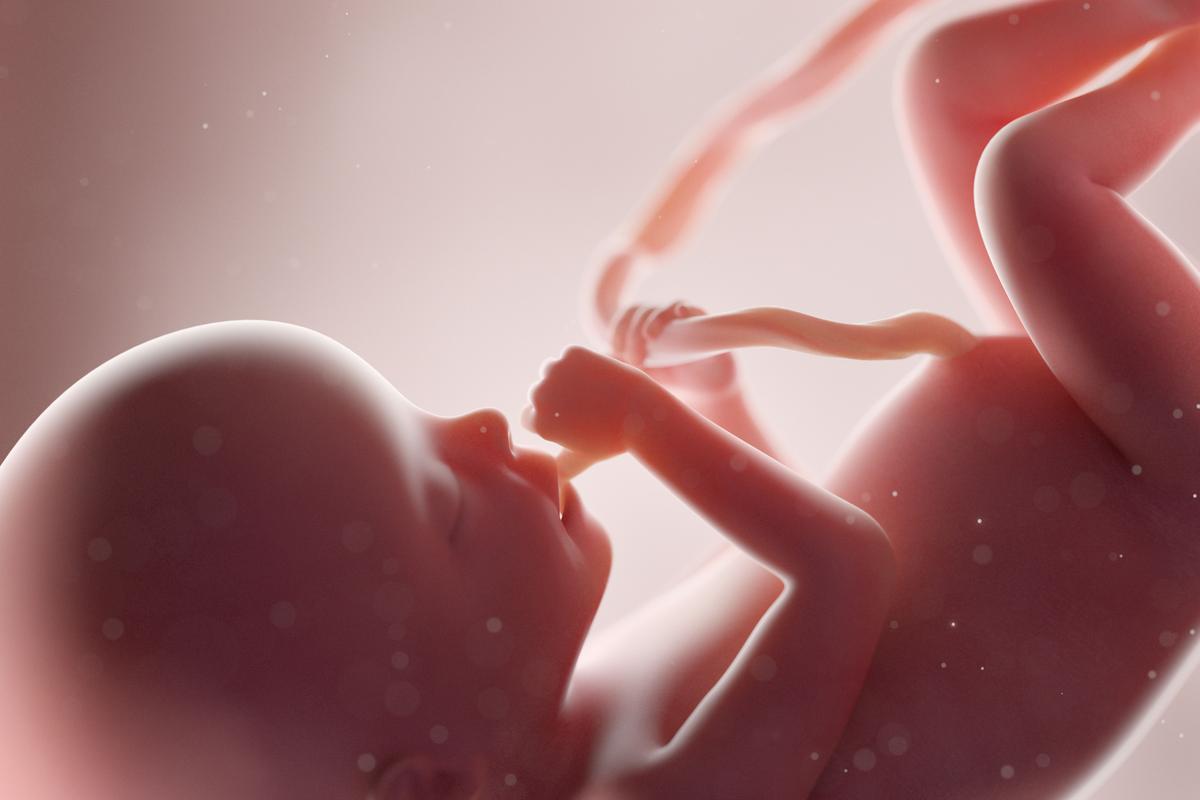Surgical procedures and anaesthesia are generally avoided during pregnancy and if possible postponed until after the child has been born. But approximately 1% of all pregnant women have to undergo urgent, non-obstetric surgery, e.g. for an acute appendicitis.
Until recently it was unclear whether exposure to anaesthesia during the pregnancy had any impact on the brain development of the unborn child.
Study in more than 500 children
A recent trial at UZ Leuven examined 129 children between 2 and 18 years old, the mother of which had to undergo a non-obstetric surgical procedure under general or local anaesthetic. Information about the behaviour, general functioning and any psychosocial problems or learning disorders in these children were collected via questionnaires to the parents. They were compared to 453 children in the same age group, of which the mother did not get any anaesthetic during the pregnancy.
Prof. dr. Steffen Rex, head of the anaesthesiology department at UZ Leuven and principal investigator of the study: “In general we did not see any relevant clinical differences between the two groups: anaesthesia during the pregnancy is therefore not associated with certain development problems in children. In specific sub groups, such as pregnant women that were given a long general anaesthetic, there were small effects in magnitude similar to other factors such as the mother's age. Our results are therefore resassuring for pregnant women having to undergo surgery. However, we would like to stress that the current guideline still applies: only in case of life-threatening situations we will perform surgery during the pregnancy.”
We did not see any relevant clinical differences between the two groups: anaesthesie during the pregnancy is therefore not associated with certain development problems in children. Prof. dr. Steffen Rex, head of the anaesthesiology department
Prof. dr. Steffen Rex, head of the anaesthesiology department
More information
Lab animal research often found negative effects on the brain development of the foetus as a result of exposure to anaestesia, but it was unclear whether there was also a risk for humans. Despite limited scientific proof, the US Drug Administration published a warning in 2016 saying that long-term or frequent use of anaesthesia during the third trimestre of the pregnancy could lead to deviating neurological development of the baby.
This new trial examined for the first time whether, in humans, there is a link between exposure to modern types of anaesthesia during the pregnancy and the neurological functioning of the child. The finding that there is no relevant clinical link, can therefore reassure future parents.



